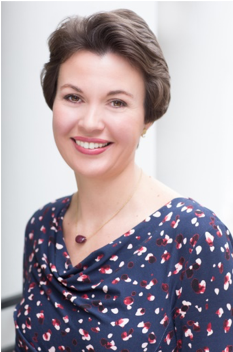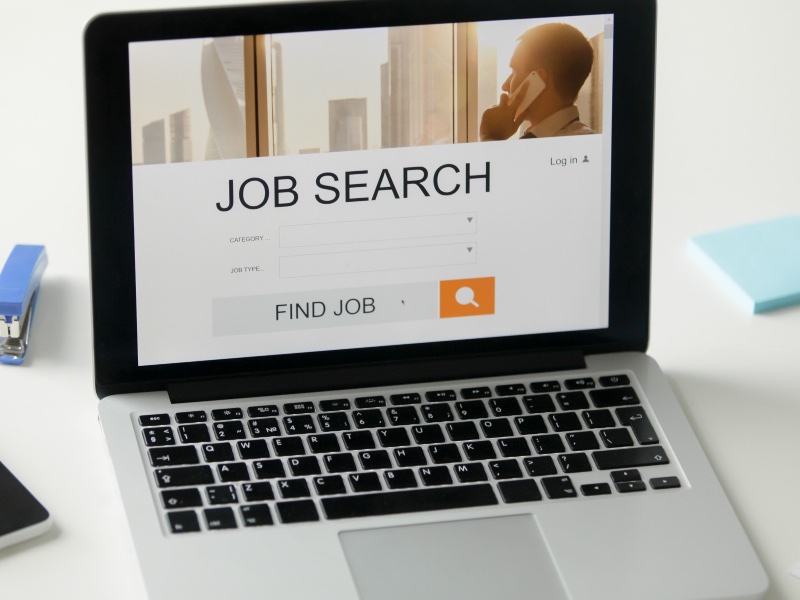At this time of uncertainty, it’s easy to batten down the hatches and focus on what we believe is absolutely necessary.
However, if you have a job and want to progress your career, now is when it is absolutely necessary to do this.
Why? If you don’t focus on your career now the danger is you reach March 2021 and find you have drifted. It will then be a whole year since the current global uncertainty situation started. Unfortunately, it looks like jobs will be at a premium. And those who are more likely to stay on track with their career are the ones who have actively thought about it, planned, and focused on it.
Start small, start now
For my clients whose time is at a premium, I advise you start small. Ideally, put aside an hour a week but if even that feels unmanageable, put aside 30 minutes. Think about where you can make that time and then block it in your diary.
Now you have your ‘career development’ time set aside, focus. Focusing on these five areas will give you the biggest gains in the time you have.
The five focus areas I recommend:
1. Review your objectives and feedback
Check you are on track with what you were tasked to do for the year. This is an essential part of a successful career – doing what you were expected to do. If there are reasons for you not being on track, then note them down and objectively assess how feasible those reasons are i.e. could they stand up to scrutiny?
Then, check that you are actively working on any relevant feedback you have been given over the year. Please note the key word – ‘relevant’ (read this article for when not to focus on ‘constructive’ feedback). If you haven’t had any feedback for a while, consider how you might elicit some to check you are on track, so there won’t be any surprises when it’s formal feedback time.
2. Consider what is next for your career
If you already know what is next or where you want to get to, then focus on the gaps to achieving that and any barriers that you need to overcome.
If you don’t know what is next, then create time and space to reflect deeply on what you want to get from your next move. The timeframe could be quite long. A client of mine made a big functional move a few years ago and is now thinking they might like to make another in a couple of years; so we’re starting to think about this now.
3. Improve your exposure.
As this article on the PIE theory of career success shows, your exposure to people in power and influence is just as crucial as your performance. What is your current exposure like and how can you improve it?
Whether you’ve stalled a bit due to Covid or never really focused on this before, now is the time to do some thinking and build a plan.
Begin by considering your career objectives and who needs to know you. A great example is when a client of mine stopped her boss recruiting someone to be her manager because she had built such great exposure that others round the business were advocating for her to be promoted. She was given the chance to grow into the role and demonstrate she could do it. Never underestimate the importance of knowing a range of people around your organisation.
4. Work on your LinkedIn profile.
This is your shop window, more than ever now. If new people join your company, they are more likely to look you up before they ‘meet’ you in a virtual meeting. Also, if you are networking virtually, your profile is key to building on that e-meet. This article is angled for those looking for a new role but outlines the key elements to focus on for your profile.
5. Get new role ready
Even if you don’t think you will need a CV anytime soon, it’s worth keeping it updated. It makes it less of a job when you do need it and is easier to remember relevant points to include nearer the time you worked on them. Many people don’t go for opportunities due to the work involved with updating their CV. Discuss with me how to put together a really strong CV that tells your ‘story’ and helps you get that job.
Your action plan
For each area, consider whether it needs to be a focus for you, the priority actions required and make a plan to tackle them. List out the steps do you need to take, in what timeframe, and the input you require whether from books, online articles, contacts or a career expert.
Take the time now to focus on your career development – rather than wait until it is too late.
Download this for support: My Nine Skills for career success short email series and eBooklet with a page per skill is likely to be a great resource to help you work on your career development. You can request it here.
About the author
 Joanna Gaudoin, Inside Out Image (https://insideoutimage.co.uk/) specialises in helping ambitious professionals and their organisations improve performance and achieve their goals.
Joanna Gaudoin, Inside Out Image (https://insideoutimage.co.uk/) specialises in helping ambitious professionals and their organisations improve performance and achieve their goals.
She does this by helping them master and strategically use the business skills of Personal Impact and Relationship Management. These skills are required for professional success.
Before establishing Inside Out Image, Joanna worked in marketing and consultancy in large corporates. She understands the business world and its challenges. She now helps organisations and individuals understand how to succeed in it.
If you are a job seeker or someone looking to boost their career, then WeAreTheCity has thousands of free career-related articles. From interview tips, CV advice to training and working from home, you can find all our career advice articles here.









